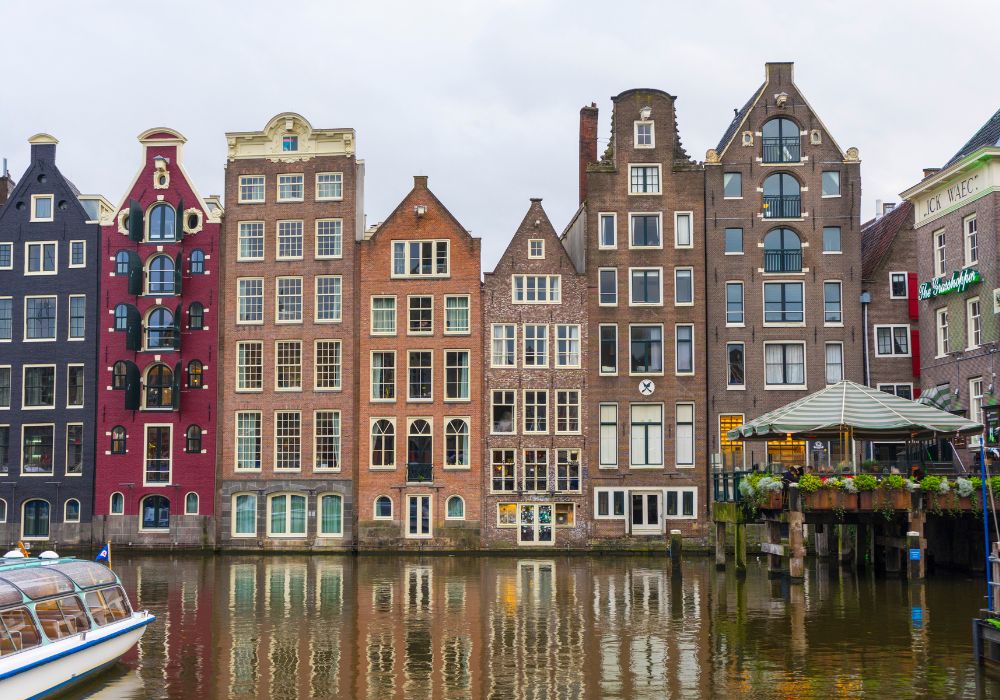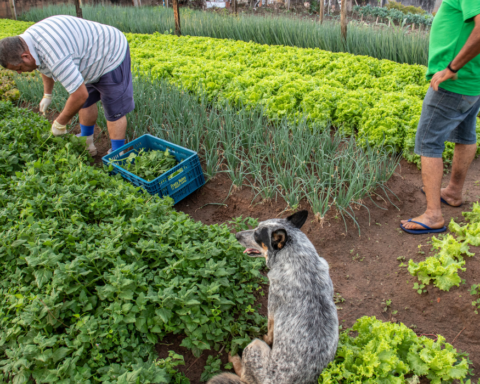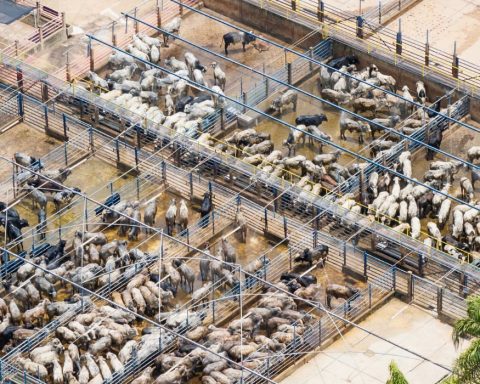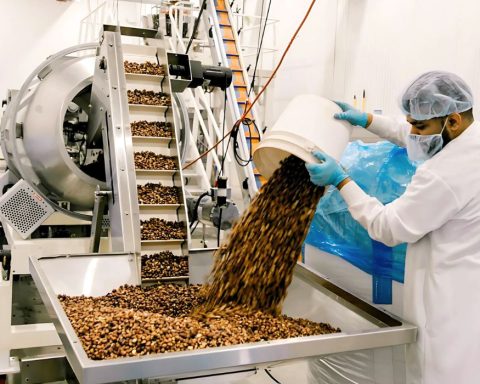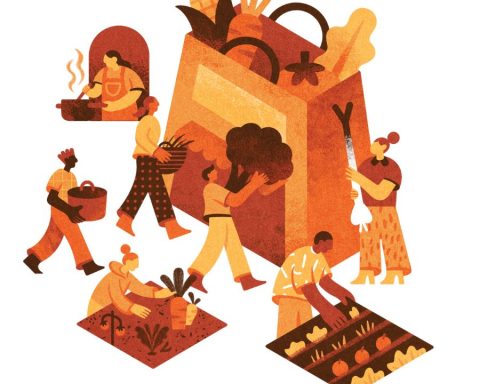Known for its intricate canals, gabled houses and progressive social policies, Amsterdam has been sharpening its knives when it comes to its food. An increasingly assertive push to get its residents to shift to a plant-based diet has made the Dutch capital the latest big city – and first capital in the European Union – to back the citizen-led Plant Based Treaty.
It’s part of a growing wave of cities around the world that have been signalling an understanding that food can’t be ignored when it comes to dealing with the climate crisis. (Livestock agriculture is responsible for 14.5% to 20% of global greenhouse gas emissions.)
The Plant Based Treaty now has 26 municipalities pledging to take the matter seriously. The treaty is non-binding, but as the Scottish capital Edinburgh stated when it signed on last year, it “represents a public acknowledgement that food production and consumption are key drivers of the climate crisis.” Other cities that have signed on include Los Angeles; Didim, Turkey; Kyotera, Uganda; Norwich, U.K., and 15 cities in India, where nearly four in 10 people identify as vegetarian, the highest rate in the world.
The treaty is modelled after the Fossil Fuel Non-Proliferation Treaty – a global agreement to phase out oil and gas production. Among the Plant Based Treaty’s goals are halting deforestation attributed to animal agriculture, pushing for subsidies that incentivize a plant-based food system, and freeing up land to rewild and reforest the earth.
“Rapidly reducing animal agriculture and shifting humanity to a plant-based diet is one of the best, easiest and fastest things we can do to save the planet,” NASA climate scientist Peter Kalmus told USA Today in December. “It will also buffer food security in a time of increasing crop failures due to global heating. The world needs a Plant Based Treaty.”
From handing out veggie hot dogs at climate conferences to lobbying politicians and universities, the group is gaining traction, garnering some 135,000 signatures to back its pledges. “Our theory of change is to create grassroots, bottom-up pressure on governments to negotiate a global treaty,” the group said in a video that outlined the gains made in 2023.
Not all cities have followed up their public plant-based pledges with concrete actions. But Edinburgh has been a leader, unveiling earlier this year its “Plant Based Treaty action plan,” designed to shape diets through menu changes in schools, hospitals and nursing homes; carbon labels on food served at an Edinburgh university; and public education campaigns. Primary-school cafeterias already have one meat-free day a week in Edinburgh, and vegetarian or vegan options are available every day. There’s also been more emphasis on buying local fruits and vegetables, along with fostering community gardens.
“I want to be clear that this does not seek to eliminate meat and dairy,” Edinburgh Council leader Cammy Day said in a statement earlier this year. “It’s not about removing freedom of choice, but about increasing availability and awareness of plant-based options.”
For Amsterdam, which is aiming to see 60% of the protein in its residents’ diets plant-based by 2030, the motivation is explicit. “The consumption of more plant-based proteins is better for our health,” the motion expressing support for the treaty stated. “It is also better for our climate impact by reducing greenhouse gas emissions and decreasing land use and depletion of oceans.”
And for those who use other barometers to measure change, there’s always McDonald’s, which last year started placing plant-based burgers above meat ones on their menus in the Netherlands.


